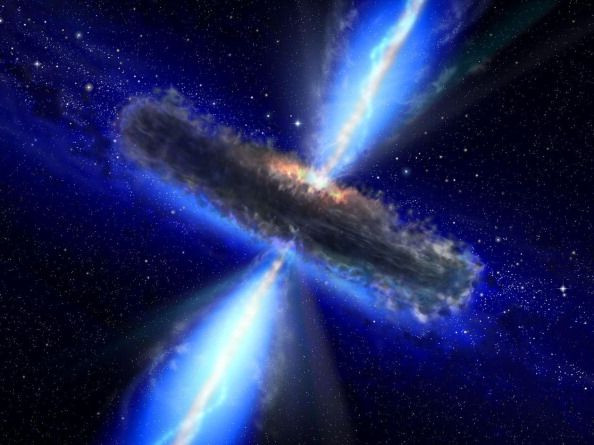Newly Discovered Black Hole Could Swallow Entire Universe, Scientist Warn

An astronomer warned that the biggest black hole ever discovered indicates that it is possible for the whole universe to be devoured by one. According to the scientists who discovered the new black hole, it is 40 billion times more massive than the Sun.
Earlier this week, astronomers in South America came across a black hole in the Holmberg 15A galaxy, which is about 700 million light-years from Earth. Using the Very Large Telescope in Chile’s European Southern Observatory, the astronomers were able to observe the black hole and determine its massive size, Sky News reported.
According to the astronomers, the black hole is the biggest one ever discovered. They noted that it is 10,000 times bigger than the supermassive black hole in the Milky Way galaxy.
For astronomer David Whitehouse, the new discovery shatters previous notions regarding the nature of black holes.
“We’re beginning to realize that we had thought that there was a limit to the size of black holes in the center of a galaxy because they can only swallow so many stars,” he said according to Express. “Black holes grow by swallowing matter and gas and stars and dust.”
Whitehouse noted that the discovery of the massive black hole leads to the possibility that there could be even bigger ones out there. This could mean that eventually, these ultramassive black holes would swallow up everything in space.
“This one is enormous, so perhaps there are even bigger black holes out there,” he said. “And there are some theories which suggest that eventually in the vast length of time, more time in the future than we can imagine, everything will end up in a black hole. The whole universe.”
One of the main problems when it comes to detecting black holes is that they are almost impossible to find. Since they absorb everything including light and radiation, special telescopes with X-ray capabilities are needed in order to spot them.
Hopefully, space agencies and astronomers will have more access to this type of equipment so they can detect the other massive black holes in the universe.
© Copyright IBTimes 2024. All rights reserved.





















